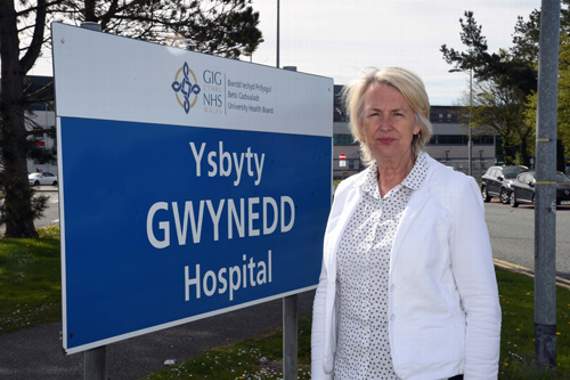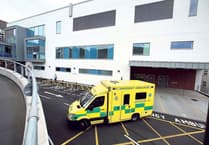Health chiefs have admitted that higher than usual visitor numbers are already putting a strain on local infrastructure and likely to result in further spread of the Delta strain of Covid-19.
In a vaccination update earlier this week, Betsi Cadwaladr University Health Board cited a recent survey showing the region as the most popular destination for Britons looking to holiday in the UK this summer.
But the move has prompted calls for assurances that North Wales public services are being offered adequate support to deal with such an influx described as “far in excess” of previous years.
Sykes Holiday Cottages’ annual poll showed that 62 per cent of British people intend to spend their main summer break in the UK this year, up from 50 per cent in 2019, mainly due to ongoing uncertainty over foreign travel due to Covid-19.
While such a population boom is welcome news for many businesses dependant on tourism, following a difficult 18 months for hospitality and several other sectors, there are fears in some quarters that public services will struggle to cope.
Gill Harris, the health board’s executive director of nursing and midwifery, noted that such an influx was also “highly likely” to lead to an increase in cases of the highly transmittable Delta variant, first discovered in India.
She wrote: “This week marks the start of the summer holidays and with news that North Wales is the UK’s most popular destination for holidaymakers, we expect the number of visitors to the region to be far in excess of that seen in previous years.
“This is already placing significant additional pressure on our services and it is highly likely to lead to a marked increase in cases of the Delta variant.”
The comments have prompted one MS to write to the First Minister, seeking assurances that extra support would be available for GPs, hospitals and other agencies such as the police, in light of such an unprecedented, albeit temporary, population boom.
The Welsh Government pointed out that the 111 non-emergency freephone service was recently extended to cover the region, in a bid to try and direct patients to the most appropriate health services.
But Sian Gwenllian, MS for Arfon, said said she was “very concerned” about the wording used.
“I wish to know urgently what exactly the Welsh Government has planned to deal with this situation,” she added.
“Is there an emergency plan in place that brings together all the relevant partners?
“What additional support is available to GPs, Hospitals, Public Services of all kinds, the Police and the many other agencies that will have to cope with these unprecedented pressures?
“And what additional support (financial and in terms of workforce) will be available to them over the summer/autumn?
“My constituents need reassurance that everything is being done to protect them from the adverse effects of the massive population surge happening in our communities.”
The Betsi Cadwaladr University Health Board was approached to comment but said they had nothing to add to what already noted in the vaccination update.
In response, however, a Welsh Government spokesperson said: “The NHS has plans in place to respond to increases in pressures throughout the year.
“We have made more funding available to help manage urgent and emergency care and the 111 service has been rolled out across north Wales to provide advice over-the-phone to people with non-emergency care needs.
“Despite a rise in coronavirus cases in the community, thanks to the success of the vaccination programme, the link with serious illness and hospitalisations has been weakened.
“But we need everyone’s help to bring coronavirus under control and if you need healthcare, please think about using the right health service for your condition.”




